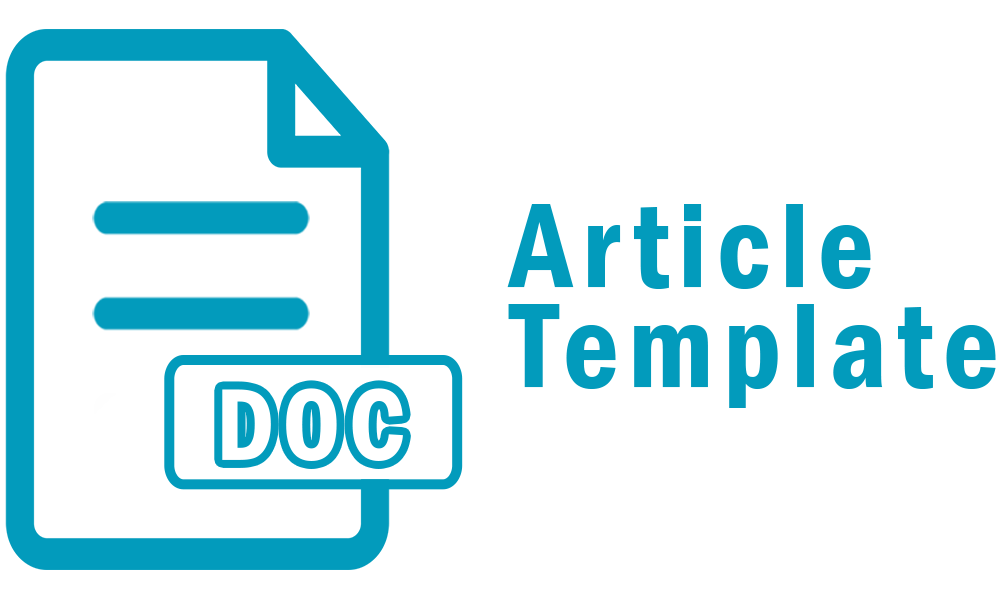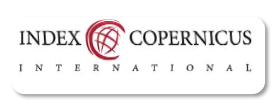The Role of Zakat Collection Unit (UPZ) as an Effort to Increase ZIS Collection in BAZNAS of West Java Province
DOI:
https://doi.org/10.22515/finalmazawa.v6i1.10105Abstract
The collection of zakat, infaq, and shadaqah (ZIS) funds is a vital aspect in the operation of social institutions, especially BAZNAS West Java Province. In an effort to increase the effectiveness if collection, innovation is the key to attracting public interest and trust as muzakki. The establishment of the Zakat Collection Unit (UPZ) is one of the strategic innovations implemented to expand the reach and strengthen the efficiency of ZIS fund collection. This study aims to analyze the role of UPZ in increasing ZIS fund collection in BAZNAS West Java Province in 2022. Using a field research approach and descriptive analysis methods, the main focus is on the contribution of UPZ to the total ZIS fund collection, as well as the factors that affect its effectiveness. The results of the study show that UPZ has a very significant contribution, reaching 80.7% of the total ZIS fund collection in 2022. This figure confirms the vital role of UPZ as the most important guard in the collection of ZIS. Factors that support the success of UPZ include closeness to the community, effective socialization efforts, transparent fund management, and ease of access for muzakki to fulfill ZIS. In addition, UPZ also plays a role in increasing public awareness of the importance of ZIS and ensuring the distribution of ZIS funds that are right on target. Thus, this study concludes that UPZ is a crucial element in the fundraising strategy of ZIS BAZNAS West Java Province. Strengthening capacity and continuous support for UPZ will further increase the effectiveness of collection and have a positive impact on the welfare of the community.
Downloads
References
Aulia, O. A., & Dasuki, R. E. (2024). Pemberdayaan Anggota Melalui Efektivitas Pengelolaan Zakat Infaq Shodaqoh (ZIS): Studi kasus pada KSPPS BMT ItQan Bandung. Eco-Iqtishodi: Jurnal Ilmiah Ekonomi Dan Keuangan Syariah, 5(2), 201–216.
BAZNAS. (2022). Annual Report BAZNAS Jabar 2022. Website BAZNAS Jabar, 1–138.
Buchari, I. (2022). Problematika Penyaluran Zakat Melalui Unit Pengumpul Zakat (Upz) Masjid Di Madura. Masyrif : Jurnal Ekonomi, Bisnis Dan Manajemen, 3(1), 53–72. https://doi.org/10.28944/masyrif.v3i1.664
Fharadilla, N., & Muhtadi, M. (2023). Empowering Muzakki Through Digital Media Platforms in Collecting Zakat Funds in Baznas. Ijtimaiyya: Jurnal Pengembangan Masyarakat Islam, 16(2), 23. https://doi.org/10.24042/ijpmi.v16i2.16848
Gunariah, F., & Ridwan, A. H. (2023). Implementasi Penyaluran Dana Infaq Di Baitul Maal Wat Tamwil. Maqdis: Jurnal Kajian Ekonomi Islam, 7(1), 73. https://doi.org/10.15548/maqdis.v7i1.452
Habibah, A. A., Toriquddin, M., & Qibtiyah, L. (2020). Optimalisasi Fungsi Unit Pengumpul Zakat (UPZ) dalam Memaksimalkan Kinerja Baznas Kota Malang Menurut Peraturan Baznas Nomor 2 Tahun 2016 Tentang Pembentukan dan Tata Kerja Unit Pengumpul Zakat. Assyarikah: Journal Of Islamic Economic Business FEBI Institut Dirosat Islamiyah Al-Amien Prenduan, 1(1), 98–114.
Kusmanto, A. (2014). Peran Lembaga Amil Zakat Nasional Dalam Penghimpunan Dana. Pandecta: Research Law Journal, 9(2), 288–297.
Nazaruddin, N. (2022). Implementasi Undang-Undang Nomor 23 Tahun 2011 tentang Pengelolaan Zakat. Ibrah: Jurnal Pengabdian Kepada Masyarakat, 1(1), 13–24. https://doi.org/10.47766/ibrah.v1i1.548
Ningsih, F. N. (2022). Fund Management for Zakat, Infaq and Sadaqah at BAZNAS Indramayu Regency. ORGANIZE: Journal of Economics, Management and Finance, 1(1), 15–20. https://doi.org/10.58355/organize.v1i1.3
Peraturan Badan Amil Zakat Nasional Nomor 2 Tahun 2016 tentang Pembentukan dan Tata Kerja Unit Pengumpul Zakat, (2008).
Pratama, G., Novita, N., & Aziz, A. (2022). Strategi Dalam Menghimpun Dana Zakat, Infaq Dan Shodaqoh. Ecobankers : Journal of Economy and Banking, 3(1), 50. https://doi.org/10.47453/ecobankers.v3i1.676
Prof. Dr. A. Muri Yusuf, M. P. (2014). Metode Penelitian Kuantitatif, Kualitatif & Penelitian Gabungan (pertama). Prenada Media.
Risma, Arsyadi, B., Masse, R. A., & Sapa, N. Bin. (2025). Konsep Zakat, Infaq, Shadaqah dan Waqaf Perspektif Al- Qur’an. Jurnal Ekonomi Manajemen, 29(1), 212–224.
Rosadi, S. (2020). Peran UPZ (Unit Pengumpul Zakat) Ujungbatu Dalam Meningkatkan Ekonomi Masyarakat Saat Pandemi Covid-19. HUKUMAH: Jurnal Hukum Islam, 3(2), 141–151.
Sah, M. A. S. (2022). Pemberdayaan Zakat,Infaq dan Shadaqah Produktif Melalui Kelompok Usaha Bersama di Desa Tanggul Angin,Kecamatan Punggur Lampung Tengah. Al-Mansur: Jurnal Ekonomi Syariah, 1(2), 106–107.
Saharuddin, D., Anggraini, R. T., & Jamila, S. (2019). Efficiency and Effectiveness of Zakat Payroll System and Digital Zakat on the Acceptance of Zakat Funds Baznas 2016-2017. Maqdis : Jurnal Kajian Ekonomi Islam, 4(1), 35–44. https://doi.org/10.15548/maqdis.v4i1.209.
Setiawan, I. (2019). Strategi Pemberdayaan Dana Zakat Produktif Di Baznas Kota Bandung Dalam Meningkatkan Perekonomian Umat. ADLIYA: Jurnal Hukum Dan Kemanusiaan, 10(2), 150–166. https://doi.org/10.15575/adliya.v10i2.5152.
Silastia, S., Rahmadini, S., Mayvea, N. A. J., Abdillah, & Suharyat, Y. (2023). Model Pengelolaan Zakat, Infaq, dan Shodaqoh dalam Pembangunan Suatu Negara. Student Scientific Creativity Journal (SSCJ), 1(3), 394–413.
Soejono, A., & Abdurrahman, H. (1999). Metode Penelitian Suatu Pemikiran dan Penerapan. Rineka Cipta.
Suma, M. A. (2019). Sinergi Fikih dan Hukum Zakat: dari Zaman Klasik hingga Kontemporer.
Supena, I. (2015). Management of Zakat. 33–34.
Suryani, D., & Fitriani, L. (2022). Peran Zakat Dalam Menanggulangi Kemiskinan. Al Iqtishod: Jurnal Pemikiran Dan Penelitian Ekonomi Islam, 10(1), 43–62. https://doi.org/10.37812/aliqtishod.v10i1.307
Downloads
Submitted
Accepted
Published
How to Cite
Issue
Section
License
Copyright (c) 2025 Nabila Zettira Dzilkhaira

This work is licensed under a Creative Commons Attribution-ShareAlike 4.0 International License.




















